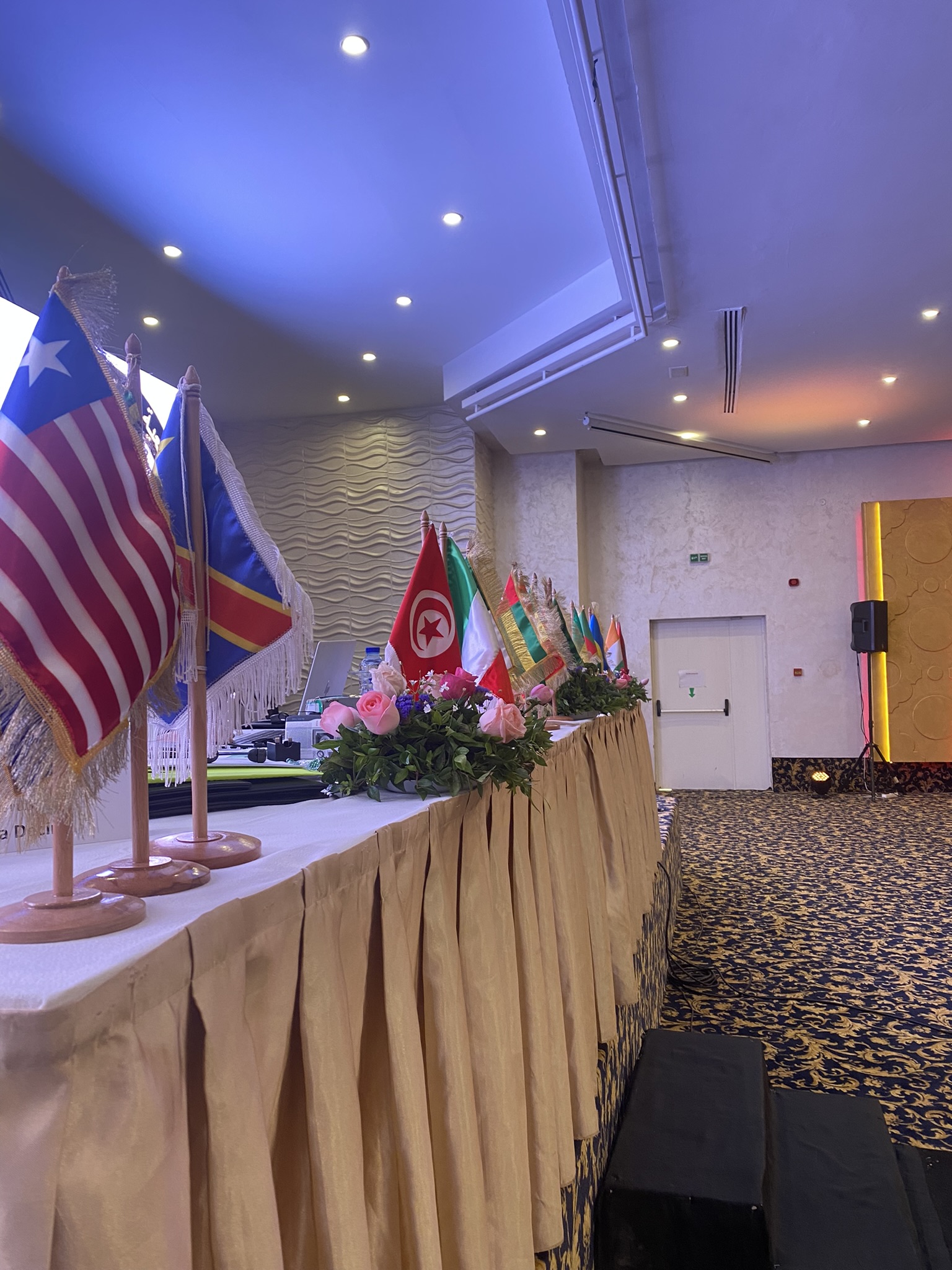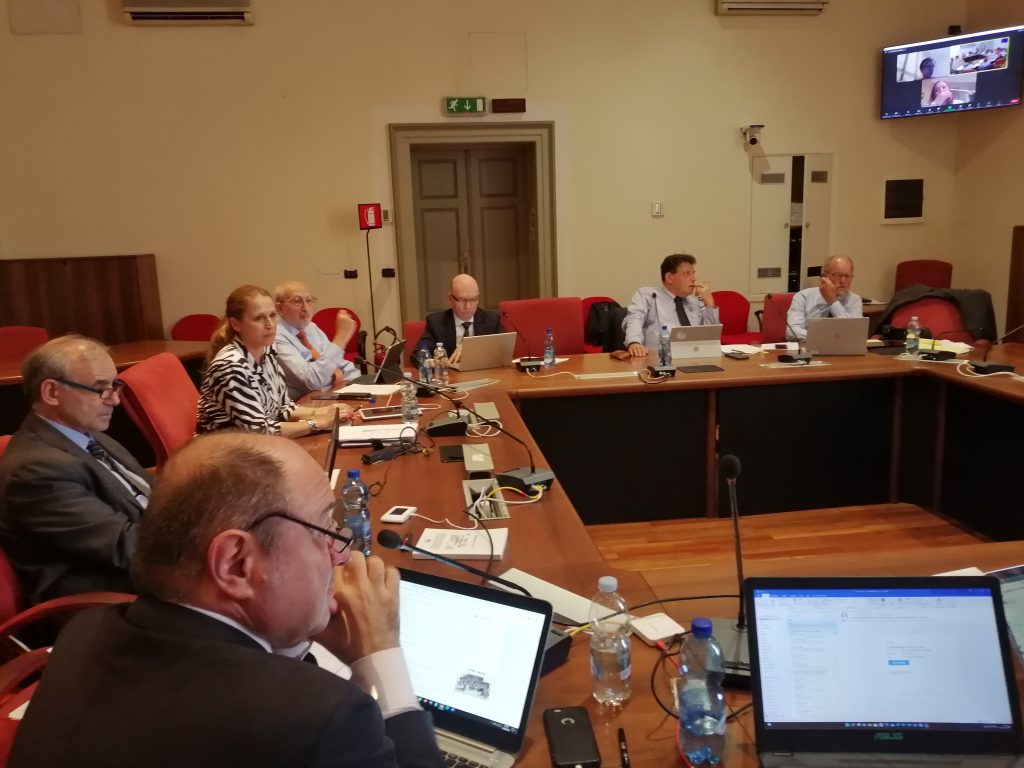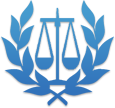HOW WE WORK
The main purpose of the IAJ is to safeguard the independence of the judiciary worldwide
In order to achieve this goal the Central Council meets once a year and the Regional Groups twice a year. During such meetings, the plenary sessions discuss and make proposals in respect to, inter alia, resolutions and declarations pertaining to the judiciary in a particular country or countries; and ad hoc working groups, prepare drafts to be submitted to the plenary. Study missions may be formed to inquire into problems affecting the judiciary of a specific country. During such missions, delegates of the IAJ, meet local judges, heads of courts, members of the judicial councils, and members of the legislative and executive branches. Opinions are given on law bills and administrative acts affecting the judiciary.
Representatives of the IAJ are also active in UNO branches and the Council of Europe offices, such as the Consultative Council of European Judges (CCJE) and the European Commission for the Efficiency of Justice (CEPEJ).
The IAJ provides on a regular basis, experts to assist in the field of justice, to the UNO, European Union, Council of Europe and the Federation of Latin American Judiciary (FLAM).

As far as the activity of the Study Commissions is concerned, such commissions choose a different topic each year for discussion. A questionnaire is compiled which is circulated to all the member associations. Answers to the questionnaire are encapsulated in a final report, compiled by the President of each study commission The national reports and the final report, form the subject of discussion during the annual IAJ meeting. The commission then drafts resolutions on the issue, which have to be approved by the IAJ Central Council at the end of the yearly meetings.
All this complex organization is co-ordinated by the IAJ Presidency Committee, which is a working group comprising of the President and six Vice Presidents (plus the last Honorary President, who has a consultative vote only). The IAJ Presidency Committee meets twice a year to discuss administrative decisions pertaining to the day-to-day affairs of the IAJ. The necessary technical support is provided by the Secretariat-General, which is the executive agency of the Association. It is situated in Rome. The Secretary-General is assisted by three deputy Secretaries-General. After consultation with the Presidency Committee, one of them has been appointed treasurer by the President.


